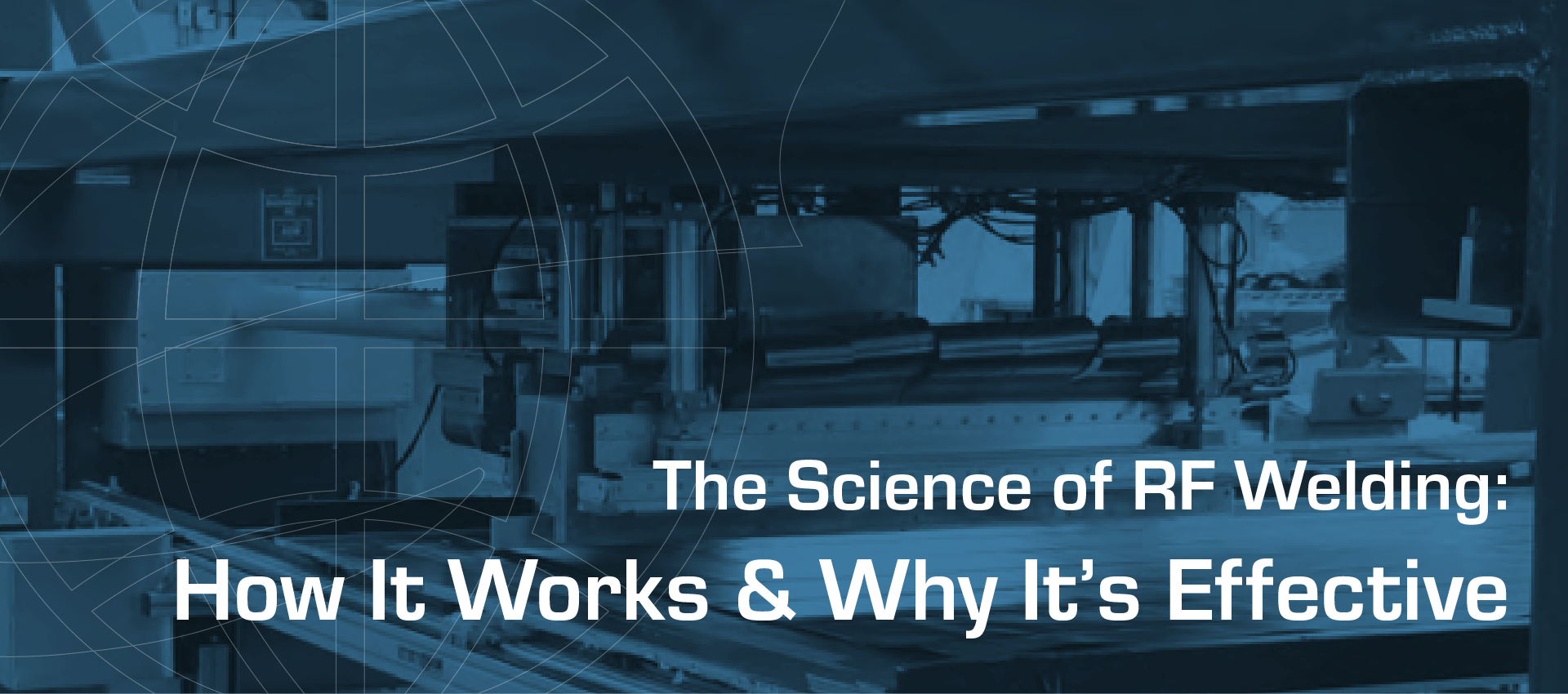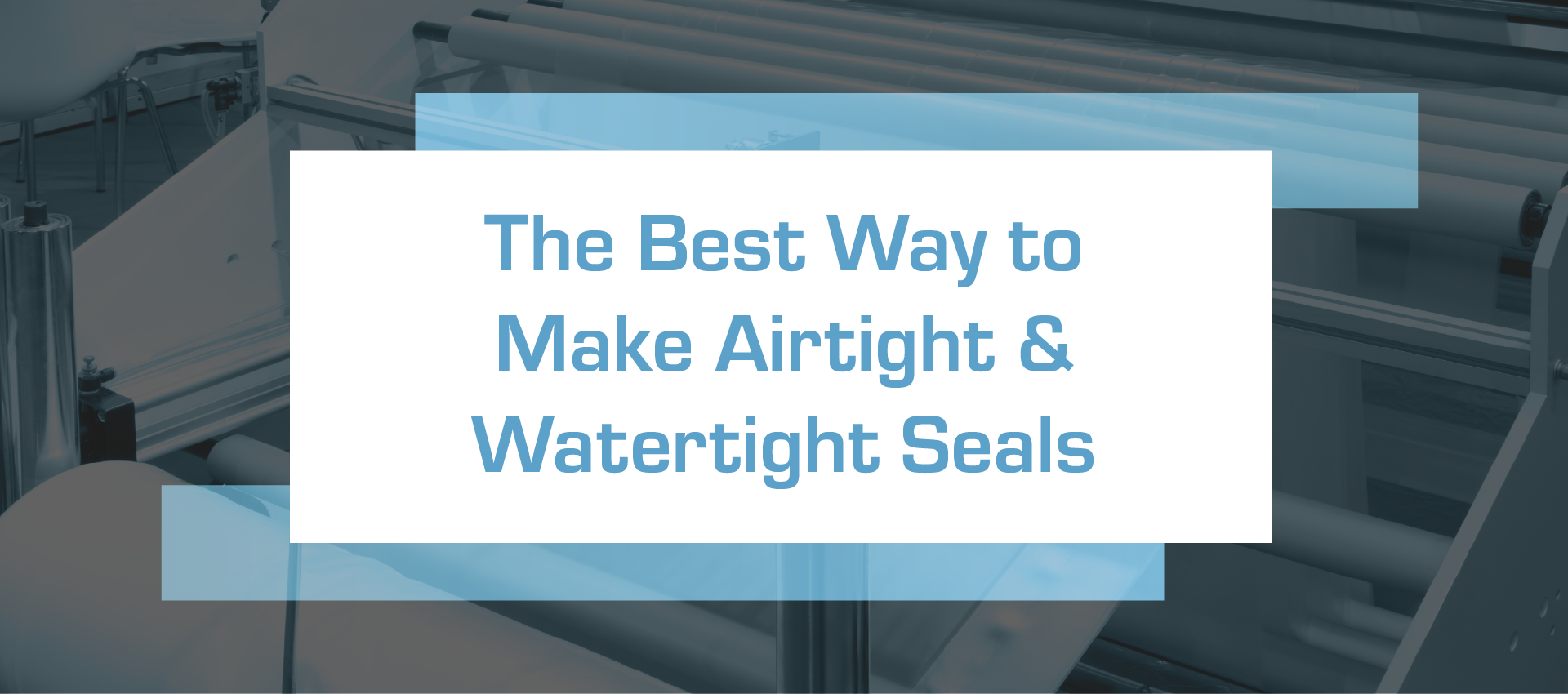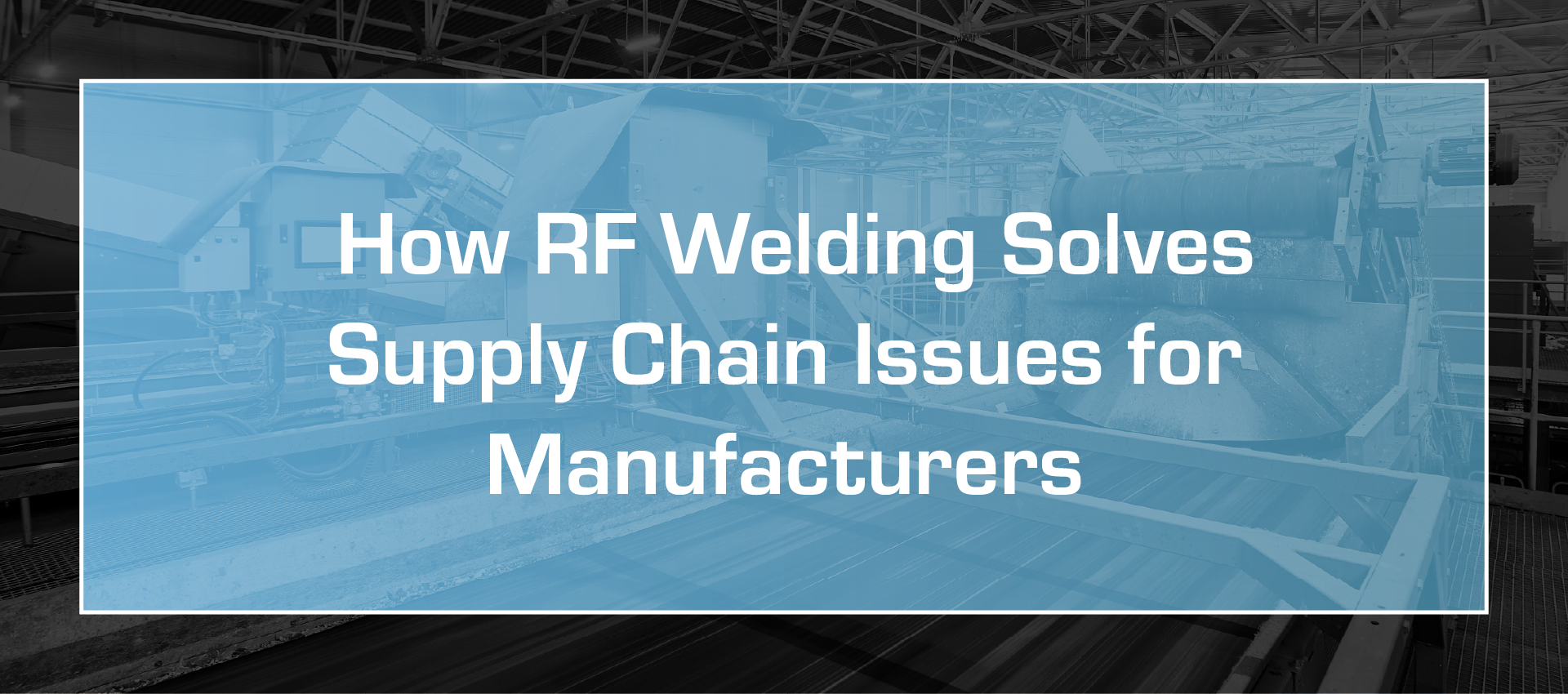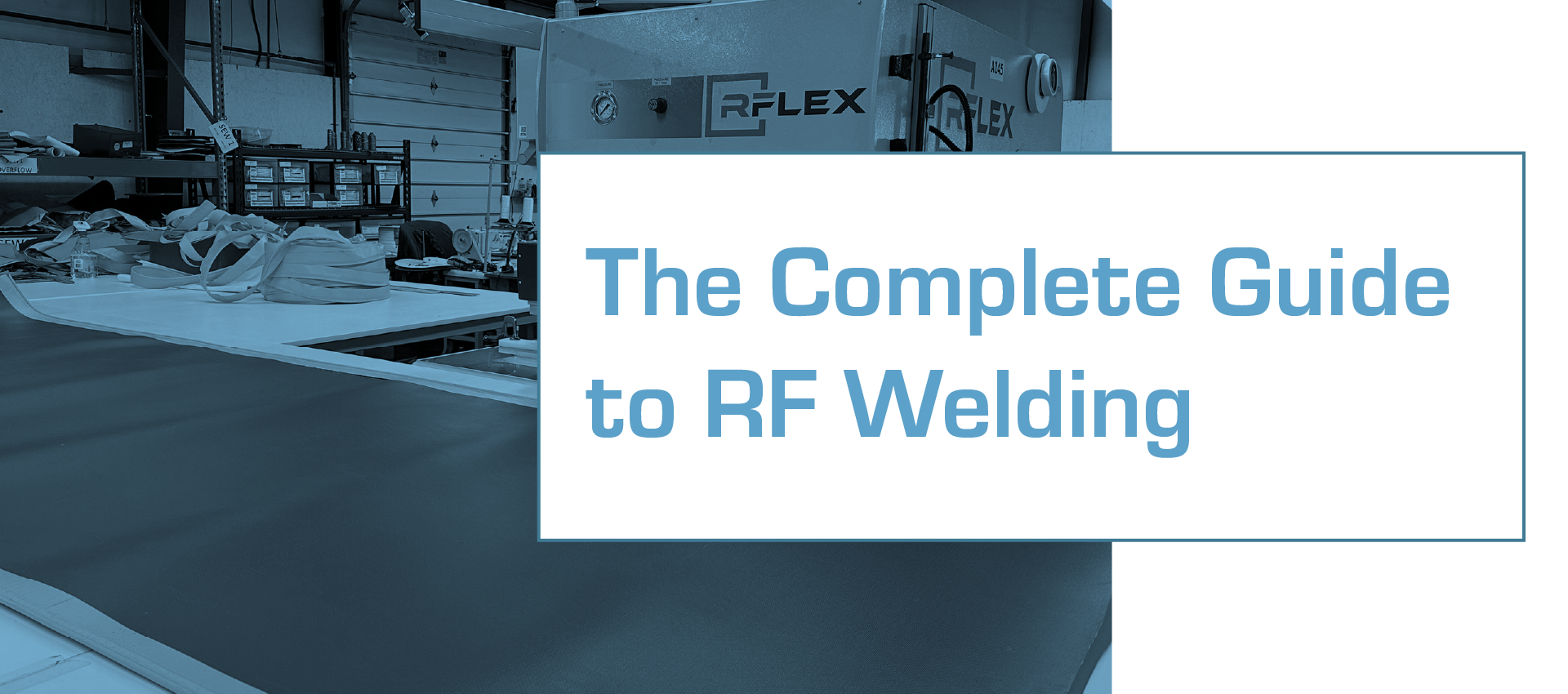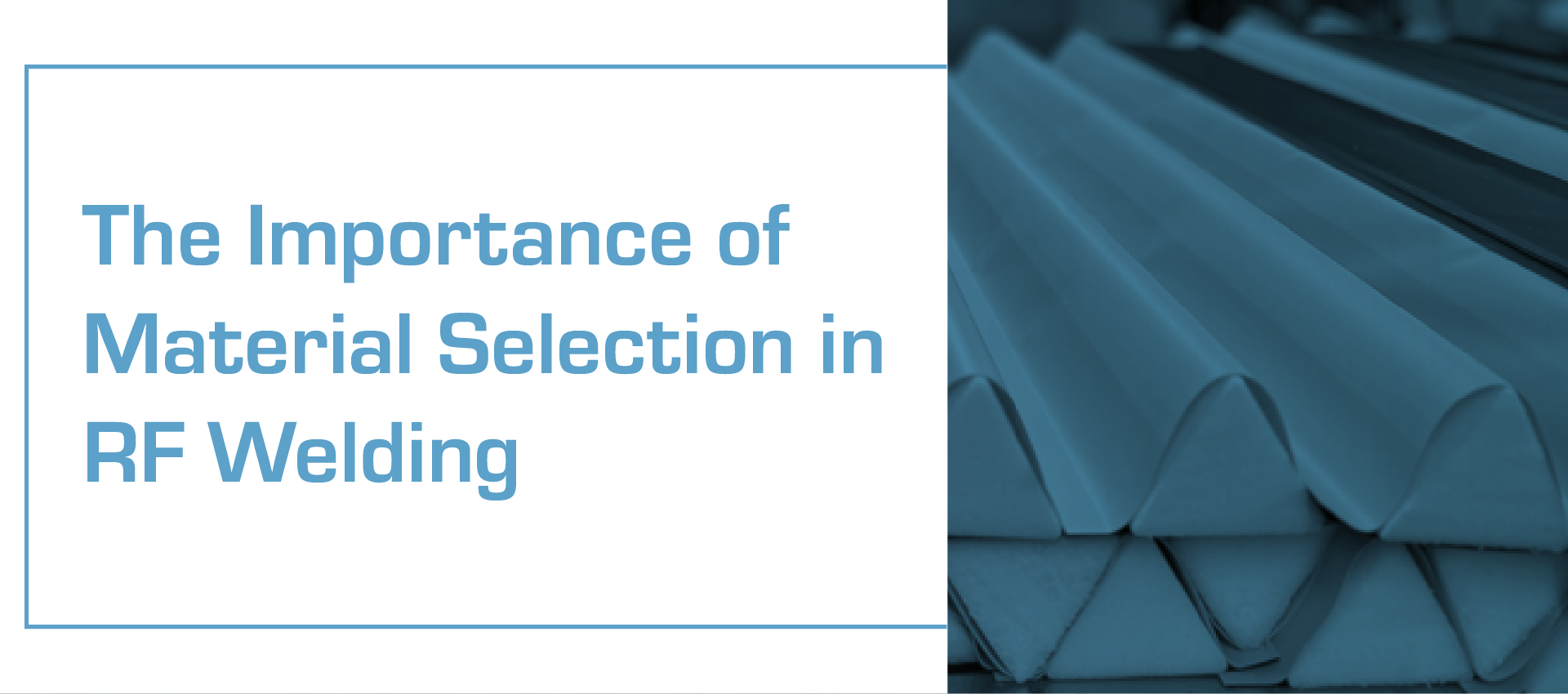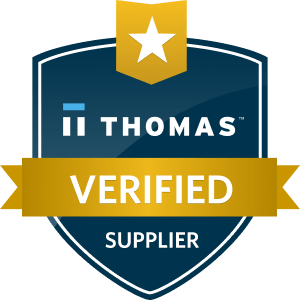carolina Covertech resources
TELL US ABOUT YOUR PROJECT
Share as much or as little as you would like. We have built our business by keeping our word and honoring intellectual property. If you’d rather discuss your concepts over the phone, please give us a call at (800) 763-0243.

